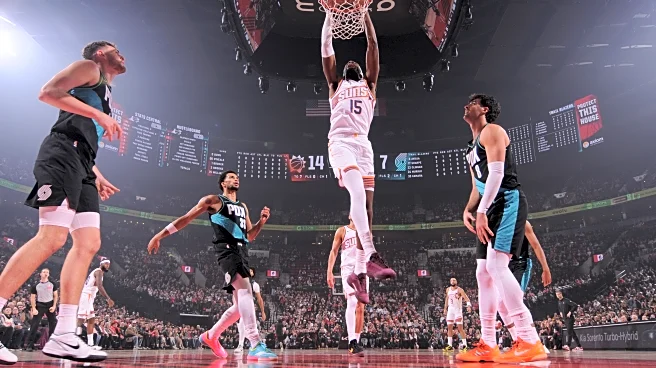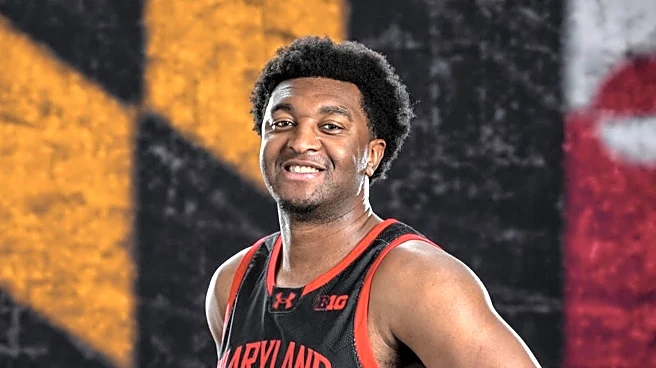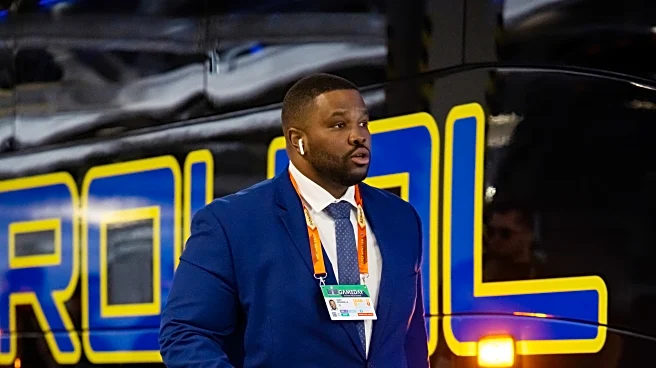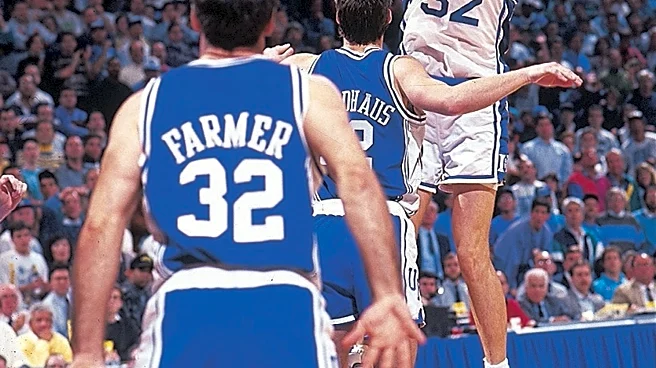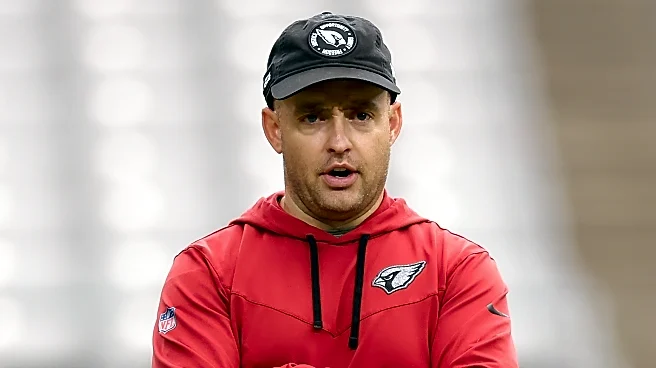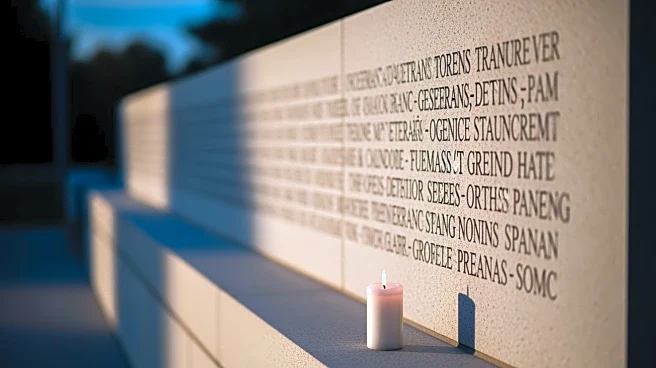Frustration spread through the Moda Center Tuesday night during the third quarter of the Portland Trail Blazers’ 124-109 beatdown at the hands of the Phoenix Suns.
The Blazers entered the matchup swimming
upstream and limping after a rough 1-4 road trip. For the second game in a row, they had to do without starting guard Jrue Holiday (right calf soreness), an absence that has ripped through their already injury-depleted backcourt. Then key forward Jerami Grant was a late scratch due to an illness. Still, the Blazers patched together some runs and kept contact through the first half. They even had some momentum entering halftime, trailing by just three points.
Then a groan-inducing third quarter exposed the undermanned roster’s weaknesses and blew the game open for the Suns.
“It was maybe more emotional than lags,” Blazers interim head coach Tiago Splitter said about that third-quarter letdown. “They got a couple of runs there on us. We didn’t have a response and kinda gave up.”
The Suns outscored the Blazers 36-21 in the quarter, but it felt more dominant thanks to a quarter-opening 16-2 run by Phoenix over almost six minutes of game time. The stretch sucked the soul out of the Blazers and the building, as the home team shot a dreadful 22.7% from the field and 20% from deep for the quarter. The lead grew to as large as 25 in the fourth quarter as Phoenix cruised to the easy win.
The margin of defeat didn’t reach the lofty numbers of the more forgettable Blazers’ blowouts from last season, but the images and atmosphere of that third quarter looked all too similar: long offensive dry spells where the Blazers couldn’t hit open shots to stop the bleeding; turnovers during those cold stretches that each seemed to carry the weight of backbreakers; breakaway dunks for the opposition; a build-up of angst from the crowd; and, eventually, most of that crowd streaming out early.
“They were hustling more,” Blazers center Donovan Clingan said. “They were active. It just seemed like they wanted it more which is something that we can’t let happen.”
While Clingan and forward Toumani Camara said the team needs to play a better game and bring better energy, it’s hard to totally blame the Blazers for putting up a dud against a solid opponent when the injury list is this long. The Blazers want to play fast and physical on offense and defense. That style suits their strengths as a roster full of long, fast, switchable athletes. It also helps paper over their weaknesses, such as a lack of shooting and star power. But when Holiday, Grant, Scoot Henderson, Matisse Thybulle and Blake Wesley are all out, the Blazers lack the talent and depth to execute that vision. They’re not stamping their new identity on games right now; they’re just trying to get by through patchwork.
“I think it’s difficult to play the way we want to play,” Splitter said. “We don’t have the energy to play fast how we want, so we get slower and slower. We have to play guys that are literally in development roles right now.”
Against Phoenix, the Blazers relied on two-way contract players Caleb Love and Sidy Cissoko for 32 minutes and 28 minutes, respectively. Mid-rotation forward Kris Murray had to jump into the starting lineup and play 25 minutes. The seldom-used Rayan Rupert and Yang Hansen got regular rotation shifts. Love was the brightest subplot in the loss, scoring a career-high 17 points on 50% shooting, and Yang provided some flashes that excited the crowd in the second quarter. But the overall production from the group was nowhere near enough to keep pace with Phoenix.
The same goes for Portland’s more prominent players, who Splitter noted are new to their starring roles and still undergoing their own development processes. Shaedon Sharpe was Portland’s best player in the loss, registering 29 points on 12-24 shooting, but he also shot 0-6 on 3s and seesawed up and down throughout the game. Forward Deni Avdija wasn’t bad (19 points on 7-17 shooting, five assists and five rebounds), but he wasn’t particularly good either. Fellow starter Toumani Camara especially struggled, going 2-10 from the floor for six points and four turnovers.
While Portland’s struggles right now are understandable given the injuries, the issue is the games keep coming and full health isn’t coming any time soon. Case in point: The Chicago Bulls come to the Moda Center in less than 24 hours. The Blazers need to quickly adapt to their unideal circumstances or else they risk sinking in the standings.
“This is part of basketball, and this is part of being the coach,” Splitter said. “You gotta adapt. You have certain players where you want to play one way and now you have all these DNPs, so you have to change. You cannot do the same things. Certain players play different, and you gotta find a way for them to be effective.”
